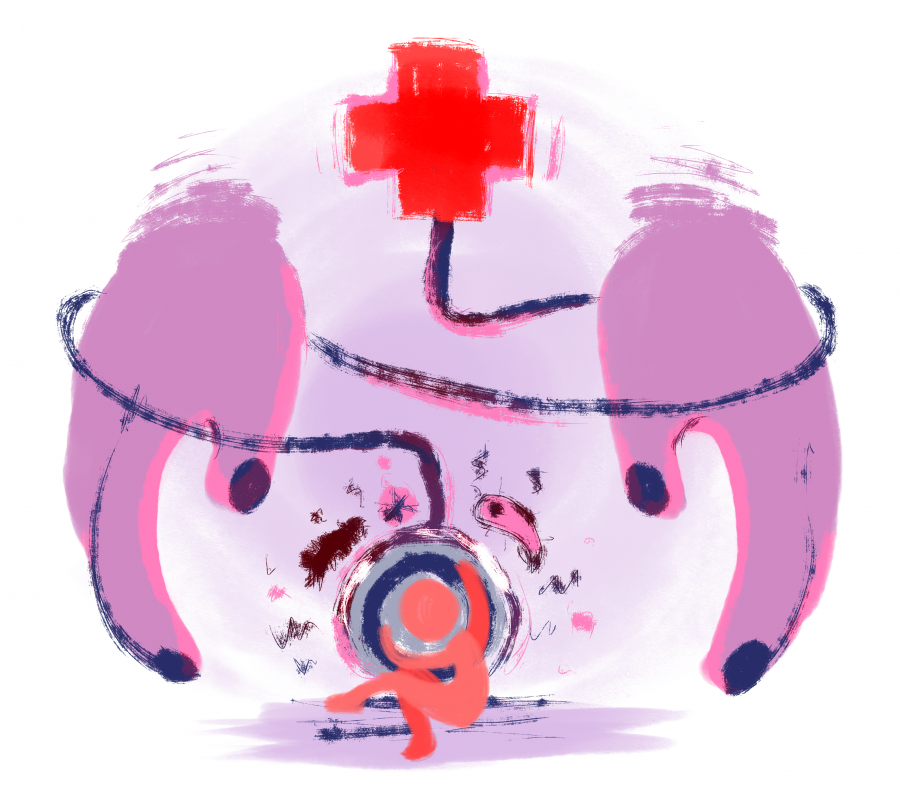More than a decade ago, faculty in the Department of Rhetoric and Writing voted to adopt a new attendance policy, which is required in lower division courses and optional in upper division courses: students may miss up to six MWF classes but will fail upon the seventh absence. In MW and TTH sections, students may miss up to four classes but will fail upon the fifth absence.
We embraced this policy, because a good bit of what our classes are designed to teach cannot be learned by reading a textbook or getting notes from a classmate. Research shows that improving writing and analytic skills requires repeated exposure to descriptions of the requisite goals and processes, frequent low-risk opportunities to practice and plenty of feedback from both instructors and peers.
Rhetoric and writing instructors devote a significant amount of class time to such hands-on engagement, so it’s not possible for students to fully make up what they miss.
Absences necessarily have a negative impact on student performance in our department, and the effect tends to be cumulative, especially at the lower division. So it’s a no-brainer that a student who misses more than two weeks of class is not going to get out of the course what it’s designed to offer.
Because our attendance policy is not intended to be punitive, we don’t distinguish between excused and unexcused absences. An absence is just an absence, whether a student misses class because of a bad cold or a bad hangover.
Whenever possible, students should let their instructor know ahead of time that they won’t be in class, of course, especially if an assignment is due that day. They should also check back in with a classmate about what they missed. But we feel instructors ought not be in the business of scrutinizing a student’s reasons for missing a class.
If medical issues cause excessive absences, we encourage students to talk with their adviser to arrange for a medical withdrawal.
University events and athletics are not excused by the University, so they are not exempt from our department policy, either. However, religious holy days and military service are exempt.
I want to be clear that this is not a zero-tolerance policy. There is room for negotiation in some circumstances, and students are always encouraged to speak with their instructor to determine their options.
Since flu season is upon us, I’ll add that no one wants a contagious student in class spreading the joy, so to speak, but that’s why two full weeks of “no questions asked” absences are built into the policy.
Having it in place invites students to think strategically about when and why they might elect to miss a class when they wouldn’t otherwise need to. It also invites overcommitted students to have frank conversations with instructors early in the semester about whether it’s the right time to take a rhetoric and writing course.
Diane Davis is a professor and chair of the Department of Rhetoric & Writing.




















